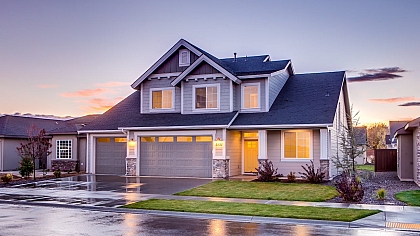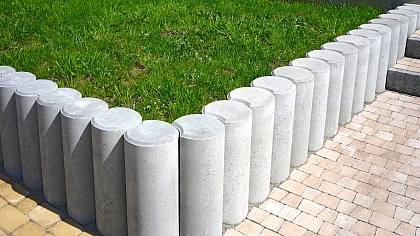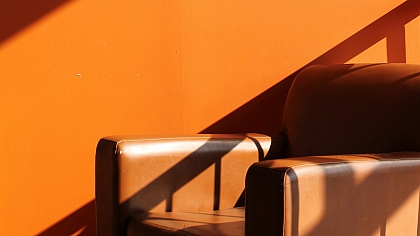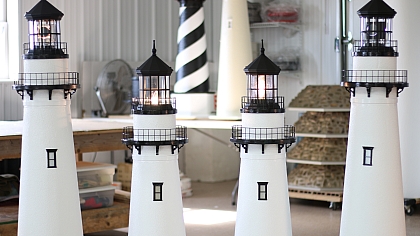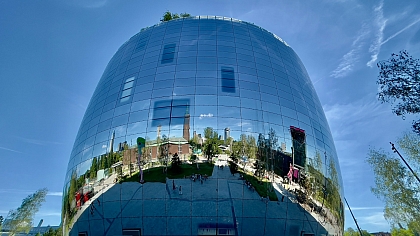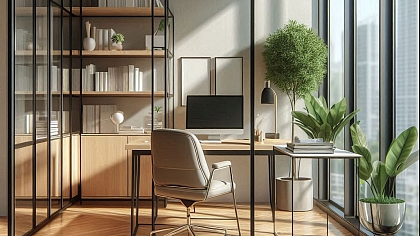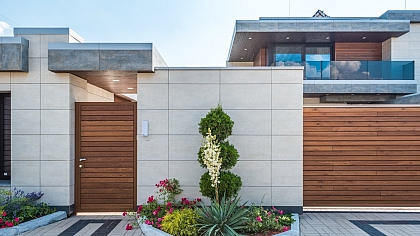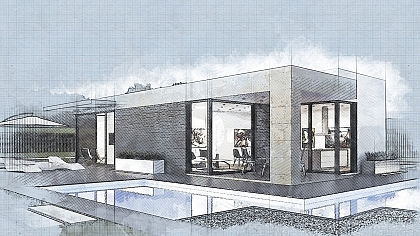
Boca Raton FL HVAC Contractors Prep Homes for Harsh Weather
Florida residents endure harsh weather beginning in the spring, with intermittent rain showers progressing into tropical storms, tornadoes, and hurricanes well into the fall.
In the rush to prepare the family and house to withstand the weather’s damaging effects, people can inadvertently neglect the HVAC system.
Planning and securing the equipment will help the unit withstand the elements and save on costly repairs. Qualified and quality companies like Prime Air servicing South Florida inform and educate clients on the steps to take for optimal protection.
Following weather events, the heating and cooling experts perform thorough inspections and make necessary repairs before turning the system back on. Let’s review a few common weather preparedness tips to protect your HVAC in any condition.
Preparing Your Heating and Cooling for Harsh Weather Conditions
From spring through fall, South Florida is at risk for treacherous weather. These storms can cause severe damage to your heating and cooling, leading to extensive and costly repairs and a shorter viable life.
Reputable and reliable HVAC companies take great strides to help customers protect their equipment before harsh conditions and inspect and make necessary repairs once it clears.
Visit 5 HVAC Maintenance Tips for South Florida Homeowners - Home Shows - for maintenance guidelines for South Florida residents. Consider the following tips to safeguard your unit.
The Outdoor AC unit
Harsh weather starts in June for South Florida each year and runs until November. With catastrophic conditions come high winds that send flying projectiles through the air. An unsecured outdoor AC unit is vulnerable to extensive damage. The equipment should be anchored using hurricane straps.
The durable steel straps are designed to secure heavy equipment under extreme conditions. Special covers are manufactured of weather-resistant, breathable material to tolerate harmful storms and add a layer of protection for the system.
Debris, including branches and rocks, can readily become flying projectiles that cause severe damage. You want to keep the surrounding area clear for optimal safety.
Higher Ground
Flooding is another devastating element of tropical storms and hurricanes that can severely affect outdoor and indoor equipment. Qualified HVAC technicians can assess your property to recommend solutions for elevating the components to safeguard the valuable components.
Heat pumps and outdoor air conditioning units should sit on a stable and sturdy platform at roughly two + feet above your property’s base flood elevation.
Moving indoor HVAC equipment, including the air handler to a top floor is wise. For one-story properties, raise the components from the floor onto a durable and secure surface. Proper elevation minimizes exposure to flood waters and severe damage.
Power Outages
Power outages are common with winds, heavy rains, and lightning. Power surges can wreak havoc on a heating and cooling system. Credentialed and reliable HVAC contractors recommend installing whole-house surge protectors to safeguard your household electrical system, including that of the HVAC system.
Individual surge protectors for the heating and cooling system and other high-value appliances further safeguard the appliance. Professional technicians can instruct on the proper use and maintaining the function and efficiency of the surge protectors. Monitoring the indicator lights will confirm that the protectors are adequately performing.
Because power outages can be common and prolonged, cooling the house when there is a severe weather forecast is recommended. When the power goes out the system should shut down.
The Follow-up

Once the weather clears, you want to seek a thorough inspection with an HVAC contractor to assess for potential problems. Experts will check all aspects of the heating and cooling system and also look at the ductwork to identify developing issues and make the necessary repairs.
Addressing minor concerns is essential to prevent these from escalating into more severe damage.
As a rule, preventive inspections and maintenance should be performed at least once each year in the fall or spring and fall for older equipment. These tune-ups keep the equipment functional and efficient for an extended lifespan.
Part of a resident’s care and upkeep between service calls involves regularly changing the air filters to allow optimal airflow and reduce overexertion by the system.
Comparably, you want to put new batteries in the thermostat each year to prevent a malfunctioning device. When the thermostat is non-functional, the cooling and heating will not run. Go here to learn common AC issues for Florida residents and how to handle these.
Professional HVAC contractors strive to help customers develop a comprehensive plan to protect their heating and cooling systems when severe weather develops. Tropical storms, hurricanes, and tornadoes can cause devastating damage when unprepared.
South Florida residents can safeguard their property and the HVAC components by implementing these tips and consulting with a qualified contractor for further guidance.
With proactive measures such as preventive inspections, maintenance and follow-up assessments, the system can endure the season and continue to perform efficiently and effectively.

